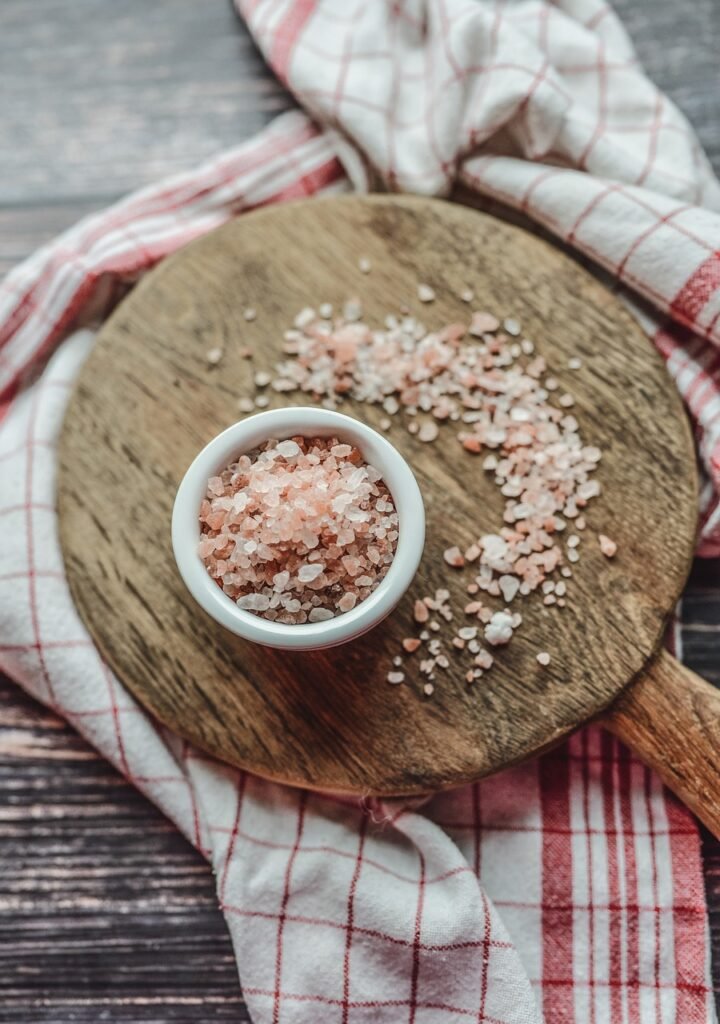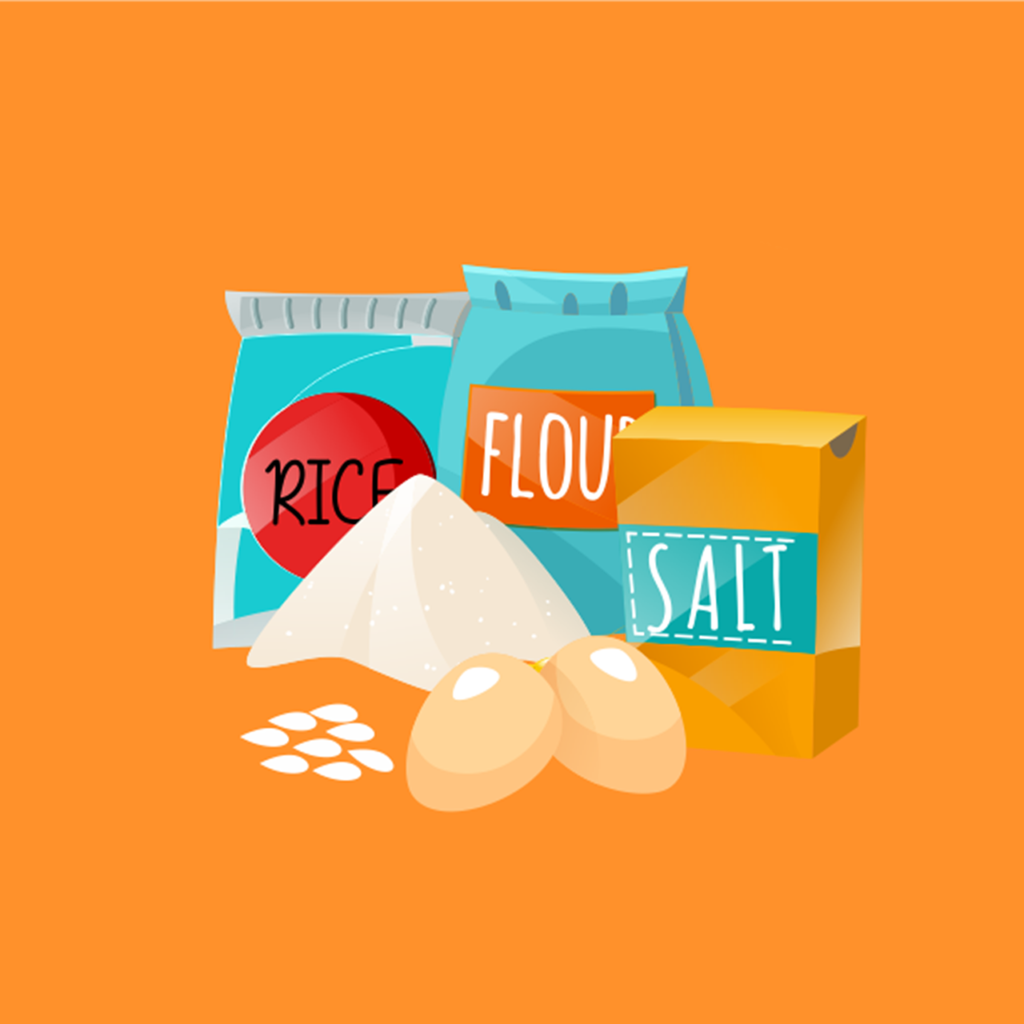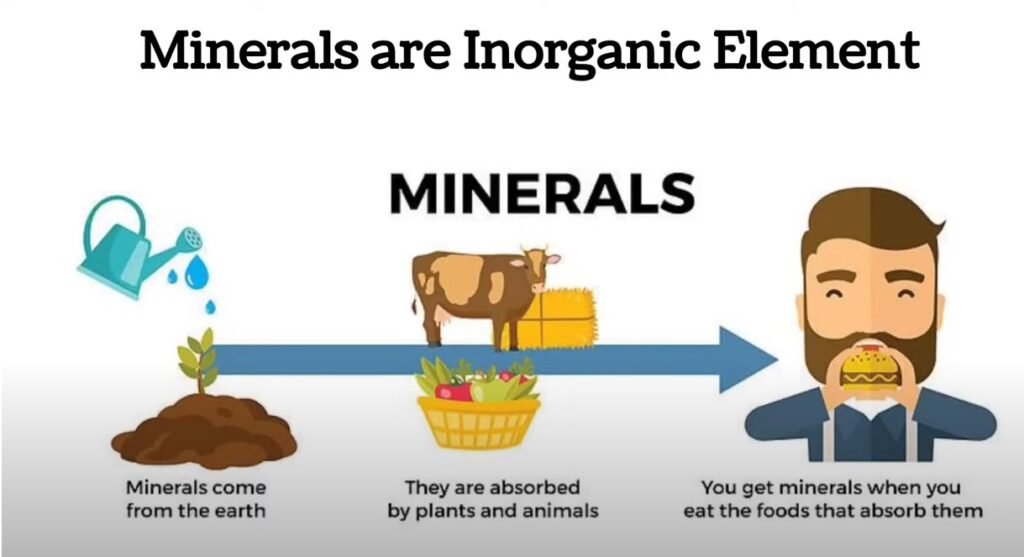Introduction:
In the realm of nutrition, the term “minerals” refers to those essential elements that exist in their simple, inorganic form. These minerals are the unsung heroes of our health, working tirelessly behind the scenes to keep our bodies functioning optimally. Much like the supporting cast in a blockbuster movie, minerals may not always take the spotlight, but they play critical roles in regulating and building the trillions of cells that make up our bodies. Let’s delve into the fascinating world of minerals and uncover their importance in maintaining our well-being.
Table of Contents:
| Sr# | Headings |
|---|---|
| 1. | Calcium: The Building Block of Strong Bones |
| 2. | Phosphorus: Partnering with Calcium |
| 3. | Iron: Vital for Oxygen Transport |
| 4. | Sulphur: The Detoxifying Element |
| 5. | Magnesium: The Relaxation Mineral |
| 6. | Sodium: Balancing Fluids and Nerve Signals |
| 7. | Potassium: Essential for Heart Health |
| 8. | Chlorine: Maintaining Acid-Base Balance |
| 9. | Iodine: Crucial for Thyroid Function |
| 10. | Copper: Aiding in Iron Utilization |
| 11. | Cobalt: Supporting Red Blood Cell Formation |
| 12. | Manganese: Nourishing Nerves and Brain |
| 13. | Zinc: Small Mineral, Big Impact |
| 14. | Selenium: Partnering with Vitamin E |
| 15. | Silicon and Fluorine: Enhancing Beauty and Health |
1. Calcium: The Building Block of Strong Bones
Calcium, often touted as the superstar of minerals, is crucial for building sturdy bones and teeth. Beyond skeletal support, it aids in muscle contraction, blood clotting, and enzyme activation. Sources like dairy products, leafy greens, and nuts provide this essential mineral.
2. Phosphorus: Partnering with Calcium
Phosphorus teams up with calcium to maintain bone health and assists in carbohydrate and fat metabolism. Found abundantly in cereals, nuts, and legumes, it ensures our nerves and brain function optimally.
3. Iron: Vital for Oxygen Transport
Iron is indispensable for hemoglobin production, transporting oxygen throughout the body. Grapes, spinach, and meat are rich sources, combating anemia and boosting vitality.
4. Sulphur: The Detoxifying Element
Sulphur aids waste removal, promoting clear skin and glossy hair. Present in radishes, fish, and eggs, it supports detoxification and rheumatic conditions.
5. Magnesium: The Relaxation Mineral
Magnesium relaxes nerves and muscles, supports energy production, and fosters cardiovascular health. Green vegetables, nuts, and whole grains are excellent sources, combating muscle cramps and promoting relaxation.
6. Sodium: Balancing Fluids and Nerve Signals
Sodium maintains fluid balance, aids nerve transmission, and supports nutrient absorption. While excess salt intake poses risks, natural sources like vegetables and fruits provide adequate sodium for bodily functions.
7. Potassium: Essential for Heart Health
Potassium regulates heart function, promotes hormone secretion, and aids in nerve transmission. Bananas, potatoes, and milk are rich sources, preventing muscle weakness and maintaining blood pressure.
8. Chlorine: Maintaining Acid-Base Balance
Chlorine assists in acid-base balance, supports digestion, and prevents fat buildup. Found in milk products, green vegetables, and tomatoes, it promotes overall well-being.
9. Iodine: Crucial for Thyroid Function
Iodine is vital for thyroid hormone synthesis, promoting metabolism and growth. Seaweed, dairy, and seafood are excellent sources, preventing goiter and supporting mental alertness.
10. Copper: Aiding in Iron Utilization
Copper facilitates iron absorption and supports enzyme function. Almonds, beans, and liver provide this essential mineral, preventing weakness and digestive issues.

Nuts and Seeds: A Mineral Powerhouse
Nuts and seeds offer a treasure trove of essential minerals like magnesium, zinc, manganese, copper, selenium, and phosphorus. Indulge in Brazil nuts for selenium or pumpkin seeds for magnesium, both vital for your body’s needs.
Unveiling the Bounty of Shellfish
Shellfish, from oysters to mussels, are a mineral bonanza, boasting selenium, zinc, copper, and iron. With just a few oysters, you cover your daily zinc and copper requirements, offering a protective shield for your immune system.
Dive into the World of Cruciferous Vegetables
Delve into cauliflower, broccoli, and Brussels sprouts for a health boost. These veggies teem with sulfur, vital for detoxification and cellular function. Dive deeper into their mineral-rich profiles, including magnesium, potassium, and manganese.
Embrace the Nutrient Density of Organ Meats
While often overlooked, organ meats pack a punch in minerals. A slice of beef liver covers your daily copper needs and provides hefty doses of selenium, zinc, iron, and phosphorus. They’re nutrient powerhouses rich in protein and essential vitamins.
Eggs: Nature’s Multivitamin
Eggs, often hailed as nature’s multivitamin, are brimming with iron, phosphorus, zinc, and selenium. Don’t discard the yolk; it contains a treasure trove of vitamins, minerals, and beneficial compounds essential for your health.

Beans: More Than Just Fiber
Beyond fiber and protein, beans boast a plethora of minerals like calcium, magnesium, iron, and potassium. Despite antinutrients, proper preparation enhances mineral absorption, making beans a wholesome addition to your diet.
Cocoa: A Surprising Mineral Source
Cocoa products, though not often seen as nutrient-rich, are packed with magnesium and copper. Elevate your mineral intake by savoring dark chocolate or adding cocoa to smoothies, reaping benefits for energy production and cellular function.
Avocados: Creamy Mineral Packages
Creamy avocados offer a wealth of magnesium, potassium, manganese, and copper. Their potassium content supports heart health, reducing the risk of stroke and heart disease, making them a delicious and nutritious choice.
Conclusion:
In conclusion, minerals are the unsung heroes of our health, each playing a unique and vital role in maintaining our well-being. From calcium’s bone-building prowess to selenium’s anti-aging benefits, these minerals work in harmony to keep our bodies functioning optimally. By incorporating a diverse array of mineral-rich foods into our diets, we can ensure that our bodies have the tools they need to thrive.

FAQs About Minerals:
1. Why are minerals important for our health? Minerals are essential for regulating bodily functions, supporting bone health, and facilitating enzyme reactions crucial for life.
2. How can I ensure I’m getting enough minerals in my diet? A balanced diet rich in fruits, vegetables, nuts, seeds, and whole grains provides a variety of minerals necessary for optimal health.
3. What are the signs of mineral deficiency? Symptoms of mineral deficiency vary but may include fatigue, muscle weakness, poor wound healing, and impaired cognitive function.
4. Can I get all the minerals I need from supplements? While supplements can help fill gaps in nutrient intake, it’s best to obtain minerals from whole foods whenever possible to ensure optimal absorption and utilization.
5. Are there any risks associated with excessive mineral intake? Yes, excessive intake of certain minerals, such as sodium, can lead to health issues like high blood pressure and kidney problems. It’s important to consume minerals in moderation and as part of a balanced diet.
